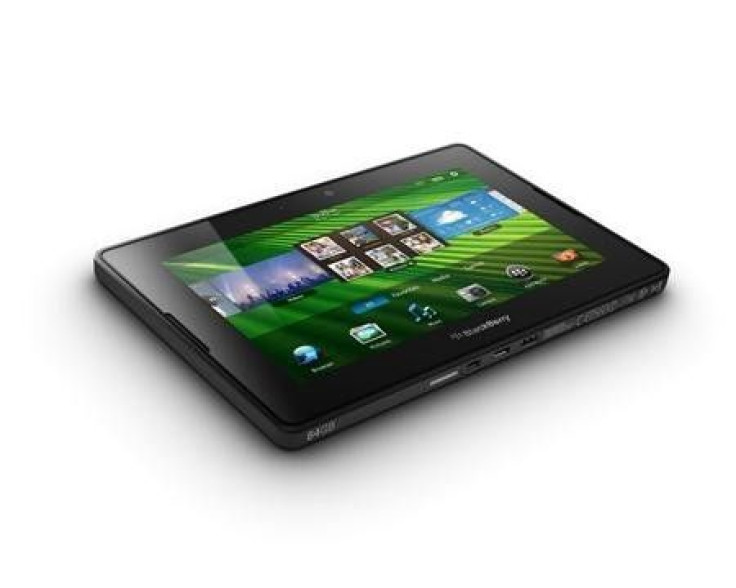RIM PlayBook: Destined for $99 Fire Sale like HP TouchPad?
ANALYSIS

Is Research in Motion's PlayBook tablet destined for the fire sale bin like HP's TouchPad?
That's the big question facing Research in Motion (RIM), the Canada-based company which also makes the BlackBerry smartphone which is fast losing marketshare.
Only weeks after launching its TouchPad tablet amid high promises and hefty retail stocking to partners including Best Buy, HP faced news that its tablet was barely selling at all while some retailers wanted to return extra stock. Days after that news, HP announced it was discontinuing support for its TouchPad tablet and having a fire sale for the product -- selling models for $99 and up. The TouchPad immediately sold out at the fire sale prices.
Now comes a report from The Guardian citing an analyst at Fubon Securities who says that RIM's PlayBook tablet supplier, Quanta Computer, had shipped 1.5 million PlayBooks to RIM in the first half of the year. But RIM has reportedly only shipped 700,000 PlayBooks to retail partners.
The dilemma is different than what HP faced, since that company had retailers sitting on tens of thousadnds of the slow-selling units at full price when it walked away from the TouchPad. But if the math is correct, then RIM is sitting on roughly 800,000 PlayBooks as product sales have slowed.
Already retailers are beginning to discount the PlayBook, doing as HP did initially with a slight discount compared with a fire sale discount. Staples began cutting prices on RIM PlayBook tablets earlier this month, selling 16GB versions for $449. Staples also faced overstock from the TouchPad before the fire sale discount.
Some industry observers don't think RIM will drop its PlayBook to HP's TouchPad $99 fire sale level just yet, citing long-term plans for the product. But another report this week suggested that RIM is fast-losing marketshare in the U.S. for its BlackBerry smartphones -- faster than many anticipated.
RIM's PlayBook failed to garner early support from many consumers because the product was launched without its own access to email, contacts and calendar -- relying upon connection with a BlackBerry for the services. Yet as BlackBerry sales rapidly decline in the U.S., RIM may end up having to discount its PlayBook to fire sale prices sooner than many expect.
© Copyright IBTimes 2024. All rights reserved.











